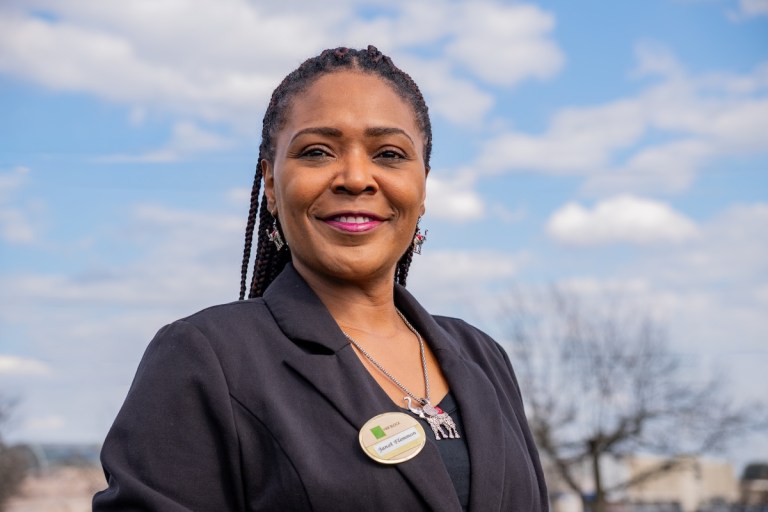Reviewed by: Sarah Gronberg
Blood donation eligibility just became more inclusive—here’s how + why it’s important
Reading time: 3 minutes
Sponsored

The American Red Cross is celebrating a big win toward more inclusive blood donor eligibility with a new FDA-issued policy in early August. Read on for what this means and how you can save lives as a blood donor.
Blood donation eligibility and the need for change

Did you know only about one third of the US population is eligible to give blood? This means during any given blood drive, up to 20 percent of those who want to donate may be turned away due to FDA guidelines.
There are several factors that can make a blood donor be ineligible such as medication being taken, a previous cancer diagnosis or low iron levels. Sexually active gay and bisexual men have also been deferred from donating.
The American Red Cross is committed to two goals:
- Achieving an inclusive blood donation process that treats all potential donors with equality and respect
- Maintaining a safe blood supply
To achieve these goals, the American Red Cross has worked tirelessly for years to help implement a new FDA policy toward a more inclusive blood donation process.
An important first step in making change possible was by participating in the Assessing Donor Variability And New Concepts in Eligibility Study—or the ADVANCE Study. (Thank goodness for acronyms!)
The study was designed to assess if the questions related to sexual behaviors asked when donating blood may be effective in distinguishing between gay and bisexual men who have recently become infected with HIV and those who do not have HIV infection.
Learn more about blood donation and become a donor with the American Red Cross.
A historic change

On August 7 this year, after much research, data and time, the FDA issued a new guidance on evaluating blood donors under a new Individual Donor Assessment (IDA) screening process.
Under this new screening process, individuals are assessed for blood donation based on their own personal risk factors rather than by sexual orientation.
This is one of the most significant changes in blood banking history and will result in a blood donation process that is more inclusive than ever before.
“We celebrate the elimination of eligibility criteria based on sexual orientation. At the same time, we recognize there is more work to be done to make blood donation even more inclusive.”
Annette Rowland, Communications Director, American Red Cross
How YOU can become a blood donor
Would you like to donate to the American Red Cross? Visit RedCrossBlood.org, call 1.800.RED.CROSS or download the Blood Donor App to schedule your appointment today. You can learn about the blood donation process here.
For more information about the American Red Cross, visit their website or follow them on Facebook and Instagram.
Sponsored by:




